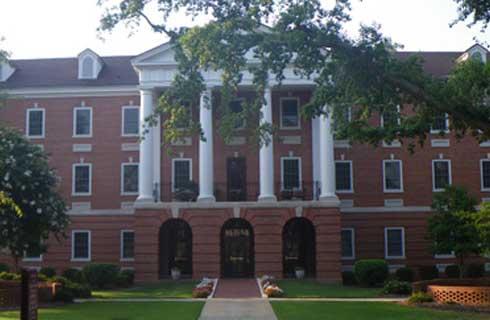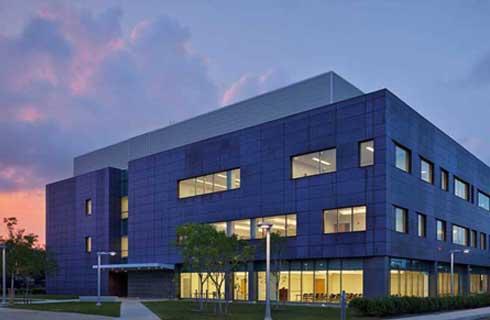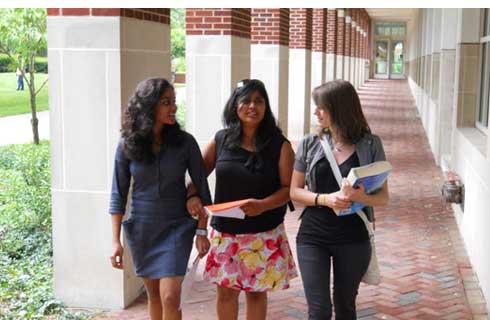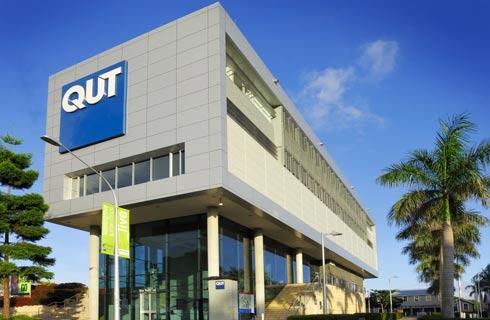理学硕士统计
MSc Statistics

学历文凭
Masters Degree (Taught)

专业院系
Faculty of Science

开学时间

课程时长

课程学费

国际学生入学条件
Minimum 2:1 undergraduate honours degree in a relevant subject with relevant modules. We look for applications that demonstrate background within mathematics (particularly calculus and linear algebra), probability (and/or stochastic processes) and statistics (eg Linear modelling, multivariate methods, machine learning, time series etc). Typically we require a selection of modules from each of the three areas to cover each year of undergraduate study and at least 50% of the degree to be in a mathematical subject. Applications with employment history in statistical or data science fields are also welcomed, including for distance learning courses. In such cases we consider the balance of both relevant parts of the employment history and academic qualifications.
IDP—雅思考试联合主办方

雅思考试总分
6.5
- 雅思总分:6.5
- 托福网考总分:88
- 托福笔试总分:160
- 其他语言考试:Pearson Test of English Academic (PTE Academic or PTE Academic UKVI) - Overall score of 61 with a minimum of 56 in each component
CRICOS代码:
申请截止日期: 请与IDP联系 以获取详细信息。
课程简介
Our Statistics MSc will teach you the theories behind a variety of statistical techniques, and how to apply them in scenarios that professional statisticians face every day.You’ll develop a detailed working knowledge of important statistical techniques and concepts, including linear and generalised linear modelling, Bayesian statistics, time series and machine learning. Our Statistics MSc includes modules on how to collect data and design experiments, and the role of statistics in clinical trials. You’ll learn how to analyse and draw meaningful conclusions from data, and develop your programming skills using the statistical computing software R.Around one-third of the course is devoted to your dissertation. This may focus on investigating a data set, or a more theoretical or methodological topic. You’ll gain skills to help you stand out in the graduate job market, such as planning and researching a project, data acquisition, problem specification, analysis and reporting your findings.External clients, such as pharmaceutical companies or sports modelling organisations, often provide dissertation topics. Distance learning students often come with projects designed by their employer. Recent examples of dissertation topics include:Probabilistic Topic ModellingSpatio-temporal Modelling of Social PhenomenaFeature selection for high dimensional dataModelling Football Results
相关申请
 预科
预科 奖学金
奖学金 实习机会
实习机会 在校学习
在校学习 跨境学习
跨境学习 校园授课-线上开始
校园授课-线上开始 在线/远程学习
在线/远程学习
开学时间&学费
学费信息仅供参考,请与IDP联系以获取详细信息
| 开学时间 | 时长 | 学费 | 地点 |
|---|
学校排名

世界排名106
数据源:
泰晤士高等教育世界大学排名
关于谢菲尔德大学

谢菲尔德大学是一个一流的研究型大学,在全球享有盛誉。该校是著名的罗素集团成员,名列全球第92位、英国第15位(2026年QS世界大学排名)。来自各种背景的学生将在谢菲尔德享受世界一流的教育。谢菲尔德有50多万人口,是个蓬勃发展的文化和工业中心。谢菲尔德是英国第四大城市,位于英国中心地带,是学生游览英国和欧洲的理想基地。从谢菲尔德乘火车两个小时便可到达伦敦,一小时可到达曼彻斯特。谢菲尔德大学拥有一个庞大的国际学生群体,因优质的教学和世界一流的研究而闻名。研究人员热衷于解决当今世界所面临的最大挑战。该校的尖端研究成果不仅影响着英国及全球的政策,对该校一系列学科的教学也发挥着作用。谢菲尔德大学有来自世界各地150个国家的3万多名学生。该校因紧密团结、温馨友好的校园社区而闻名,其学生会是公认的英国最好的学生会之一,在''2025年英国全国学生调查''中名列英国榜首。学生会提供各种俱乐部和社团、社交活动以及志愿活动机会,让学生获得更好的求学体验。谢菲尔德大学也因为学生提供极好的求学生活而世界闻名。
本校相关课程

工学士(荣誉)软件工程
学历文凭
Undergraduate Masters
开学日期
课程费用总额


工学学士(荣誉)软件工程
学历文凭
Bachelor Degree with Honours
开学日期
课程费用总额


社会学学士(荣誉)学位
学历文凭
Bachelor Degree with Honours
开学日期
课程费用总额


理学学士(荣誉)学位
学历文凭
Bachelor Degree with Honours
开学日期
课程费用总额


文学士(荣誉)俄罗斯和政治
学历文凭
Bachelor Degree with Honours
开学日期
课程费用总额


政治与社会学(荣誉)文学士学位
学历文凭
Bachelor Degree with Honours
开学日期
课程费用总额

其他相关课程

数学高级(荣誉)学士学位
 伍伦贡大学
伍伦贡大学泰晤士高等教育世界大学排名:247
学历文凭
Bachelor Degree with Honours
开学日期
课程费用总额


数学教育学士学位(院长学者)
 伍伦贡大学
伍伦贡大学泰晤士高等教育世界大学排名:247
学历文凭
Bachelor Degree
开学日期
课程费用总额


统计学士(荣誉学位)
 澳大利亚国立大学
澳大利亚国立大学学历文凭
Bachelor Degree with Honours
开学日期
课程费用总额


统计研究硕士
 南澳大学
南澳大学学历文凭
Masters Degree (Research)
开学日期
课程费用总额


商科学士/理学学士(高级数学)(荣誉学位)
 悉尼新南威尔士大学
悉尼新南威尔士大学学历文凭
Dual Degree
开学日期
课程费用总额


理学硕士(精算和金融科学)
 科廷大学
科廷大学泰晤士高等教育世界大学排名:256
学历文凭
Masters Degree (Coursework)
开学日期
课程费用总额










 英国
英国